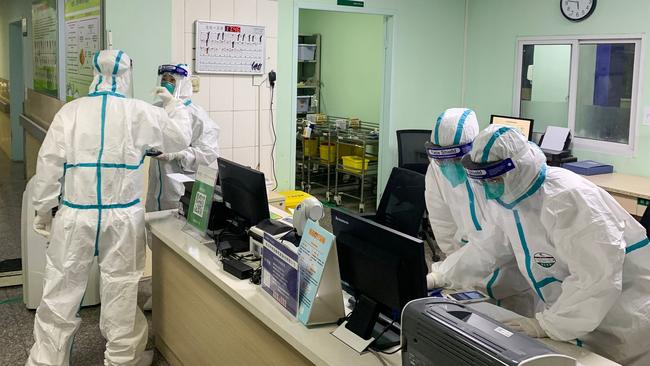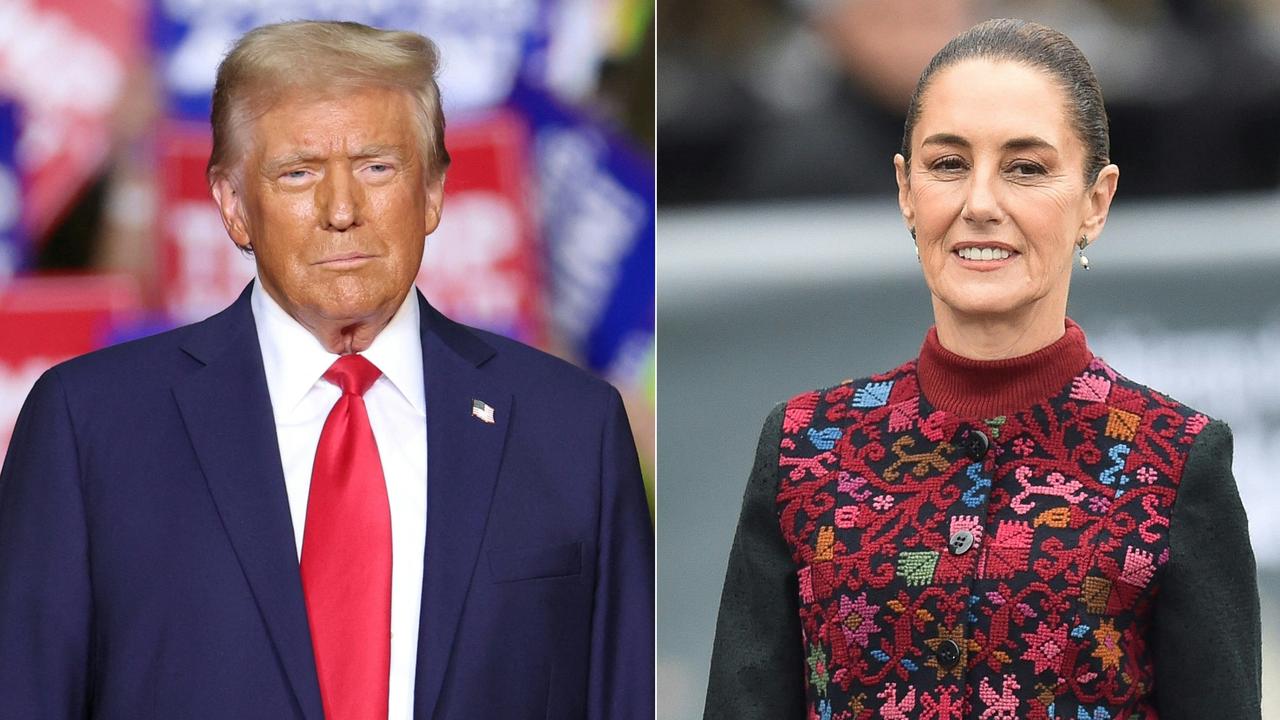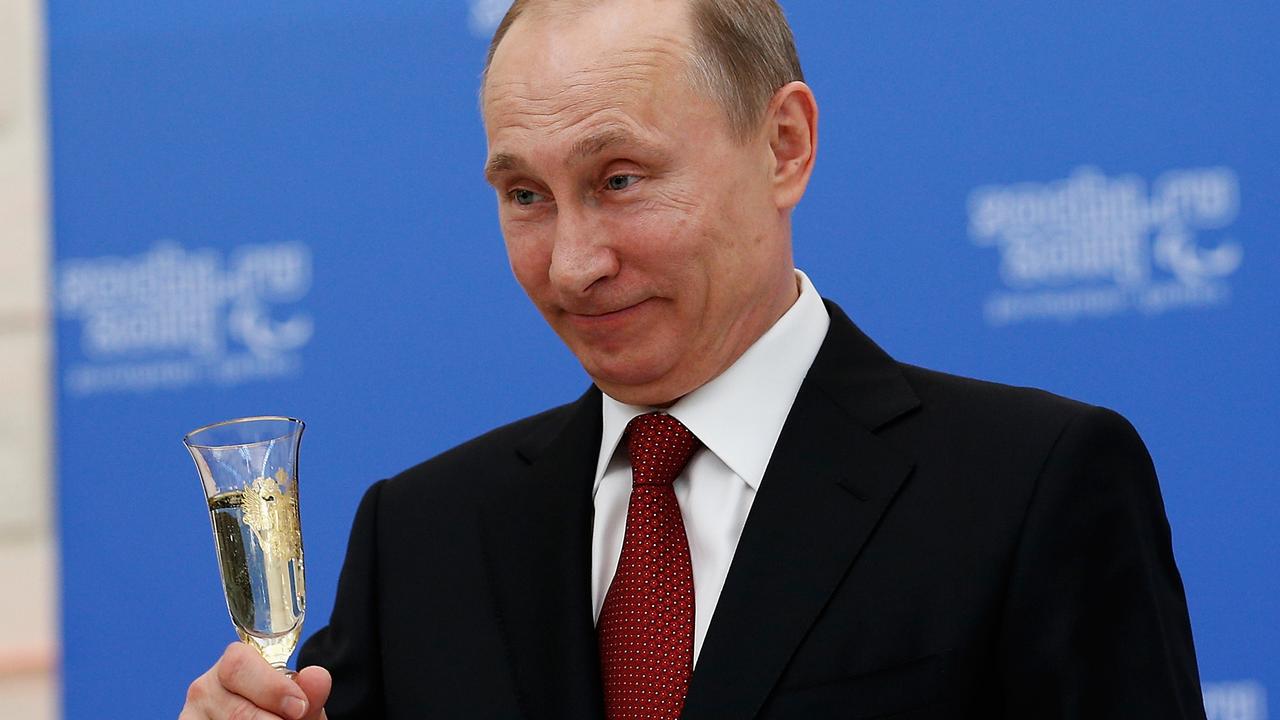Coronavirus: Xi Jinping springs into action to avoid old mistakes
Chinese President Xi Jinping has warned regional health chiefs against censoring news about a virus that has killed 17 people.

As a viral outbreak spread from the central Chinese city of Wuhan this week, the ruling Communist Party’s central political and legal affairs commission issued a stern warning: “Whoever deliberately delays and conceals reports will forever be nailed to history’s pillar of shame.”
The proclamation on Tuesday signalled China’s growing confidence and its greater awareness of censorship’s pitfalls.
The threat headlined an online essay that referred directly to SARS, or severe acute respiratory syndrome, an epidemic that not only devastated parts of China but also exposed government deception.
Nearly two decades later, a more assertive China appears determined not to repeat its mistakes.
“Party committees, governments and relevant departments at all levels must put people’s lives and health first,” Chinese President Xi Jinping said on Monday. “It is necessary to release epidemic information in a timely manner and deepen international co-operation.”
Under Mr Xi, widely considered the country’s most authoritarian leader in decades, China has adopted a more proactive public relations strategy, showing an ever greater determination to control the story by putting out large quantities of its own information — as opposed to trying to make an explosive issue disappear.
The outbreak, which has hit more than 500 people and killed at least 17, is a major test of Mr Xi’s leadership as he seeks to grapple with challenges such as China’s slowing economy, its trade war with the US, anti-government protests in Hong Kong and Taiwan’s defiance, said Joseph Cheng, a political scholar in Hong Kong.
“This could help him save face,” Mr Cheng said. “He knows the consequences to his leadership — to his reputation — if he fails on this front.”
Mr Xi’s comments on Monday were his first public ones on the outbreak, and they seemed aimed at reassuring the Chinese public there wasn’t another SARS-level cover-up in the making.
For months in 2002 and 2003, even after SARS had spread around the world, China sought to conceal the number of actual cases by parking patients in hotels and obscure hospital wings, and even driving them around in ambulances to avoid detection by World Health Organisation experts.
China in that era was just beginning to embrace the internet and the country was at the start of an economic boom that was to make its economy the second-largest in the world.
At the time, people who revealed information about SARS that the government hadn’t publicised could be accused of leaking state secrets. Media outlets were muzzled, leaving the public in the dark.
It was only after a retired high-ranking doctor spoke out that the true measure of authorities’ concealment became known.
In many ways, China is a different country now: more prosperous and equipped with far more advanced resources and infrastructure. Though the Communist Party remains largely opaque and intolerant of dissent, social media has made it much harder to contain news of accidents, outbreaks or other non-political events.
David Heymann, a doctor who headed WHO’s global response to SARS in 2003, said Chinese authorities had become much more transparent since that outbreak and it appeared the government began reporting cases of the new virus as soon as they were identified. “I think it’s working pretty well compared to what happened initially in SARS,” Dr Heymann said.
With the discovery late last year of the new type of coronavirus, the same family of viruses that encompasses SARS, state agencies sprang into action with frequent public statements, TV appearances by government experts and colourful graphics urging citizens to wash their hands and wear masks.
“I’m not very panicked,” said Zhang Wei, 27, an office clerk in Wuhan who went to a pharmacy to buy masks on Wednesday.
“I think the government is quite organised and has attached great importance (to the virus).
“As long as we do as we’re told in terms of protecting ourselves, there shouldn’t be a big problem.”
Following reports of people becoming ill with an unrecognised type of pneumonia, authorities in Wuhan found a link to a seafood market and Chinese scientists rapidly identified the virus as a novel coronavirus, an action that WHO called a “notable achievement”.


